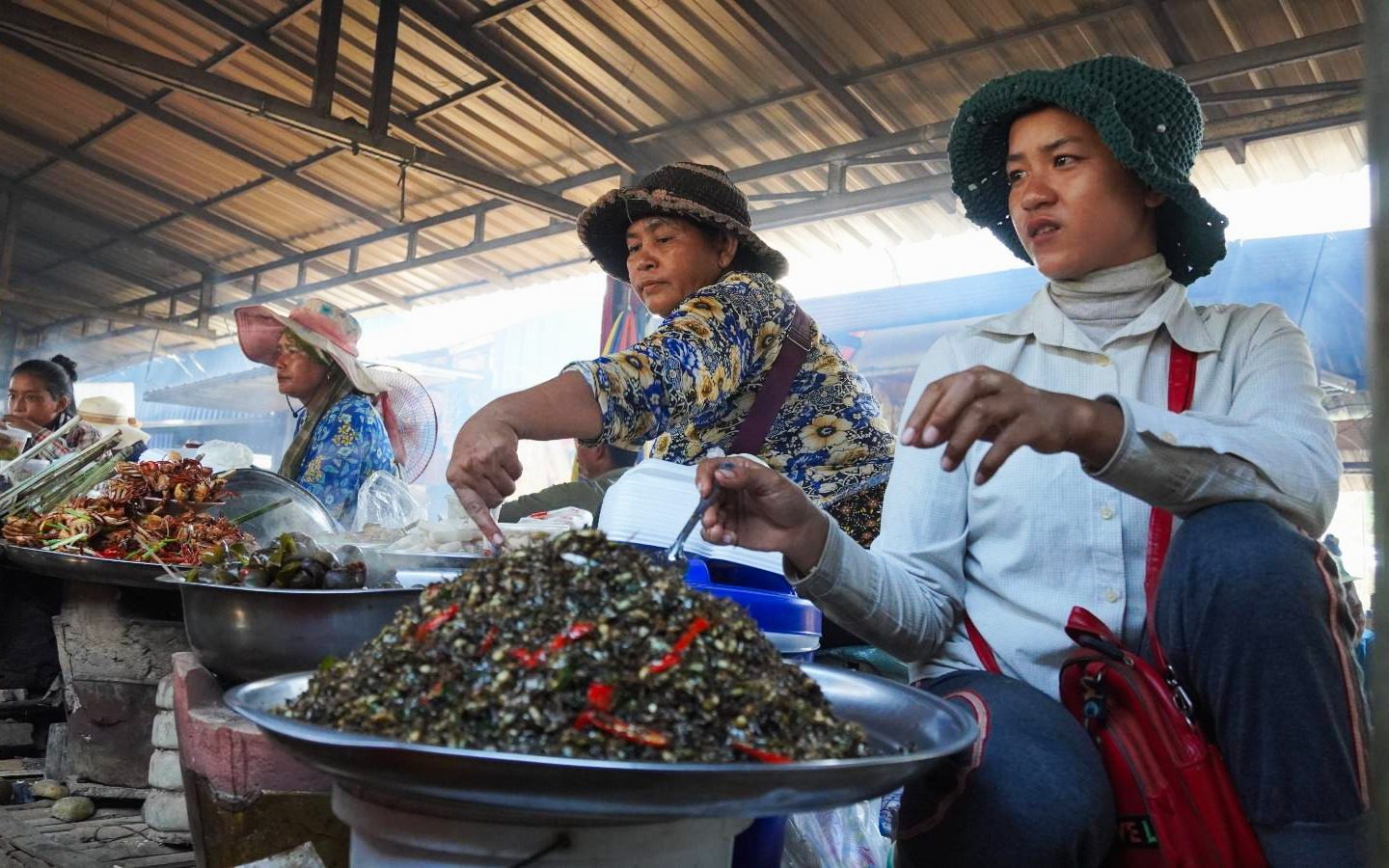Cambodian PM Hun Manet wants to eliminate informal work
The Cambodian prime minister launched a new, three-phase strategy. Its application is voluntary. Most Cambodians work in the informal sector. Several incentives are available to small businesses and the self-employed. Many fear above all the registration phase and need information about taxable ranges, experts point out.
Phnom Penh (AsiaNews) – Cambodian Prime Minister Hun Manet yesterday unveiled a five-year national strategy to tackle informal economic development; the goal is to alleviate poverty, reduce social inequality, boost socio-economic resilience, and stimulate economic growth, state media reported.
Hun Manet was undemocratically picked by his father, Hun Sen - who ruled Cambodia for almost 40 years eliminating any kind of opposition - as his successor to the post of prime minister.
Now the latter is pursuing a strategy to move people out of the informal economy, voluntarily, by registering with the authorities; in exchange, they will get free health care, scholarships for their children, monthly allowances in the case of self-employed workers.
Small and medium-sized businesses would benefit be exempted from fines and tax liabilities, as well as get various tax incentives.
In Hun Manet’s view, the country’s economy is divided into three zones: the informal zone, for people not registered with the authorities; the informal economic development zone, for people in transition towards the formal economy, and the formal zone, which includes people and businesses duly registered with the General Department of Tax and the Ministry of Commerce.
“During the transitional period, owners of informal businesses will just be asked to fulfil some necessary administrative formalities, not commercial registration,” government spokesman Pen Bona said.
“[T]he government just wants to prepare a set of simple statistics,” he added. “Normally, it would not be easy, but authorities have to put their efforts to explain them [to people so that they can] understand and participate.”
For the prime minister, workers, especially street vendors, farmers, craftspeople, and those in the construction and transport sectors, will have access to business management and skills development courses to increase their productivity.
The informal economy in Cambodia accounts for 40 per cent of gross domestic product (GDP). The latest data from the International Labour Organisation (ILO) notes that more than 85 per cent of the workforce is employed in the informal sector, a figure that jumped to 93 per cent last year.
In 2022, the percentage of the employed earning less than .90 was 14.2 per cent, even though the country recorded an average annual economic growth of 7.7 per cent per year from 1998 to 2019, especially from tourism and textile exports.
Hun Manet’s policies seem particularly ambitious. The government said that the strategy was drafted following the experience of the COVID-19 pandemic, when it struggled to deliver aid to the population because most of the workers were not registered.
Nevertheless, several experts note that the government needs to clarify the taxable ranges because many are afraid to register.
In early September, the Phnom Penh municipal authorities inaugurated an online service delivery and application form s for new businesses. But on 13 September, Prime Minister Hun Manet suspended the new services until the new informal work legislation is in place.
24/07/2023 19:18







.png)










